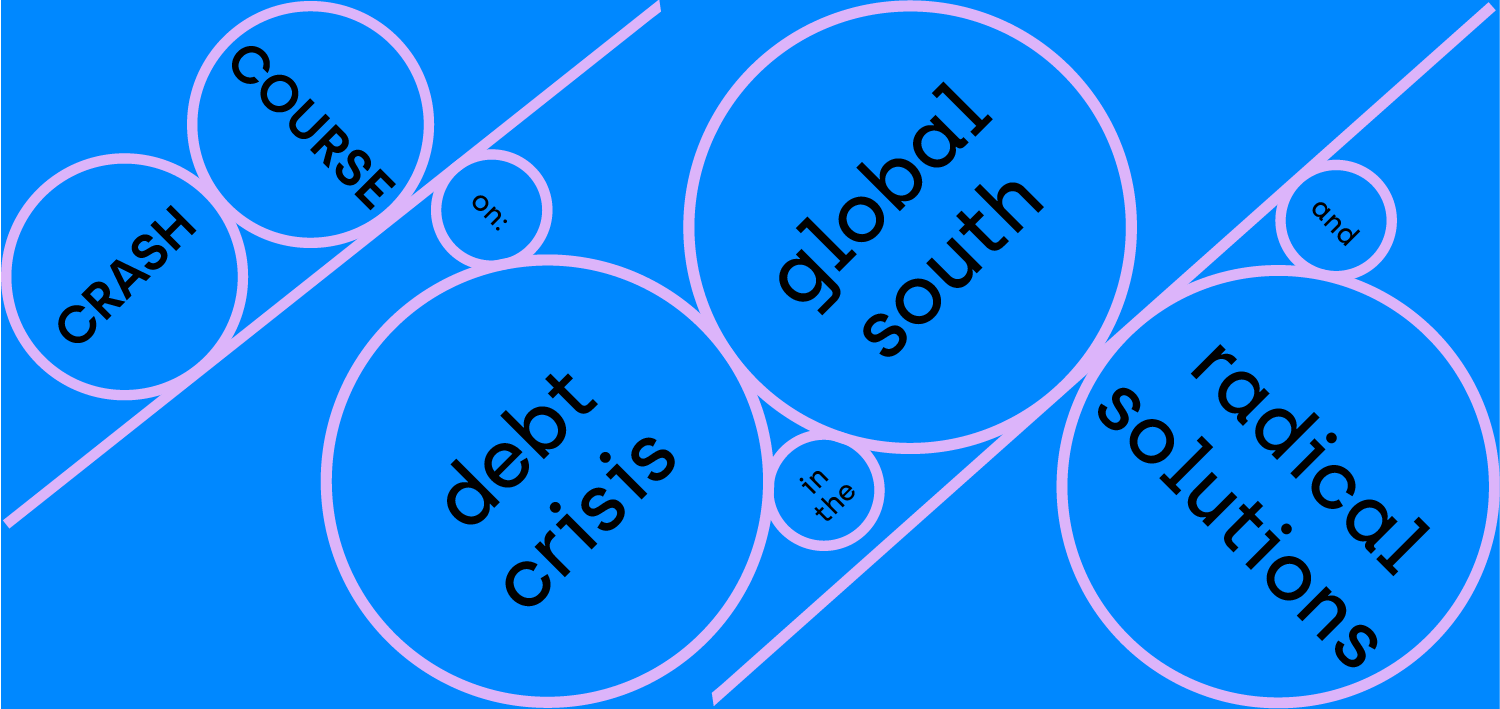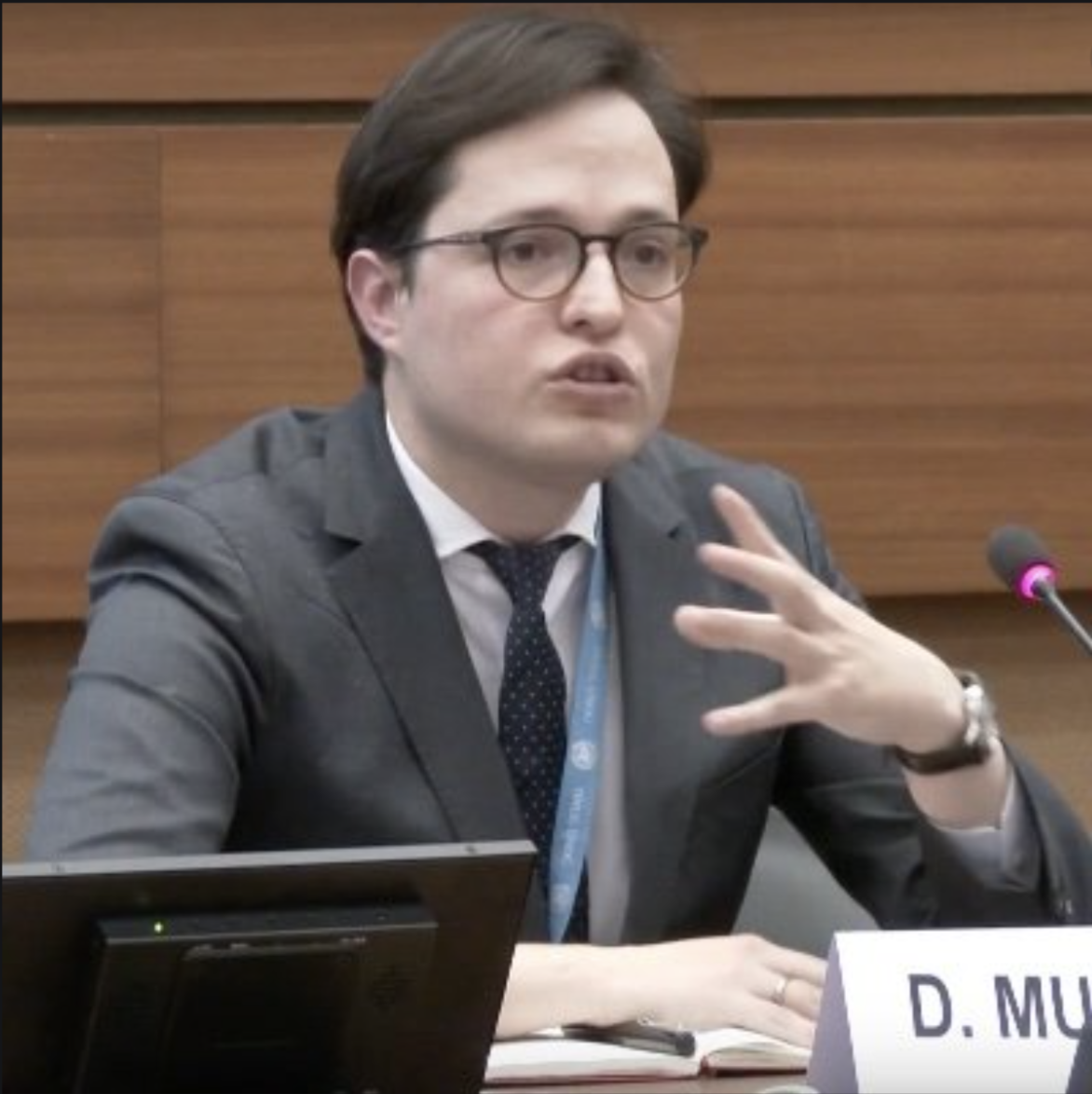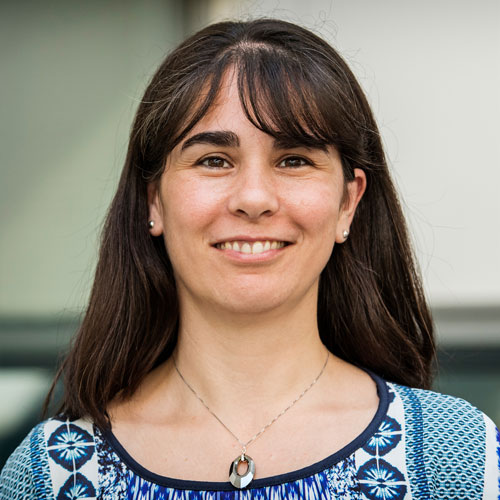
#5 Arrested development and austerity: Avoiding the debt trap — with Daniel Munevar, María José Romero
Since March 2020, 80 IMF lending arrangements have been approved. These arrangements arise in an era of historical global debt levels. The world is witnessing an insufficient and inadequate multilateral response to the Covid-19 pandemic, which will lock a large number of countries in a decade-long crisis of debt and austerity.
What are the effects of growing debt piles for the public heath care sector in the Global South?
How can we prevent that IMF austerity measures will arrest development efforts in the next decade?
Which institutional changes are needed at the level of International Financial Institutions to avoid policy responses that create new debt traps?

Daniel is a Senior Policy and Advocacy Officer supporting Eurodad's work on debt justice. He is interested in the analysis of the links between debt sustainability and the 2030 Agenda. Before joining Eurodad in 2020, Daniel worked for the United Nations Conference on Trade and Development (UNCTAD) and advising the Ministries of Finance of Colombia and Greece on debt related issues. Daniel has a Masters degree in Public Policy from the University of Texas in Austin. He speaks Spanish, English and a bit of Swedish.

María José is Policy and Advocacy Manager for Eurodad's work on publicly-backed private finance and Development Finance Institutions (DFIs). Her role involves research and analysis, advocacy and monitoring policy developments. She joined Eurodad in 2012 and before that she worked at the secretariat of the Latin American Network on Debt, Development and Rights (LATINDADD), based in Peru, on tax justice and development finance. While in Uruguay, her home country, she was for five years Coordinator of the IFIs Latin American Monitor project at the Third World Institute (ITeM), where her main roles were networking and policy monitoring at a regional and global level on IFI-related issues and development finance. She is currently a PhD candidate in Development Economics at SOAS, University of London, with a research project on the global promotion of public-private partnerships in health and education.
Podcast
In this series, we discuss the field of debt crises in the ‘developing world’, and the different aspects that determine the subordinate economic and financial position of the Global South and why this matters. Has anything changed since the 1980s debt crises when a global movement called for a debt jubilee? What are the prospects for change? And how can these kinds of debt crises be prevented in future?
